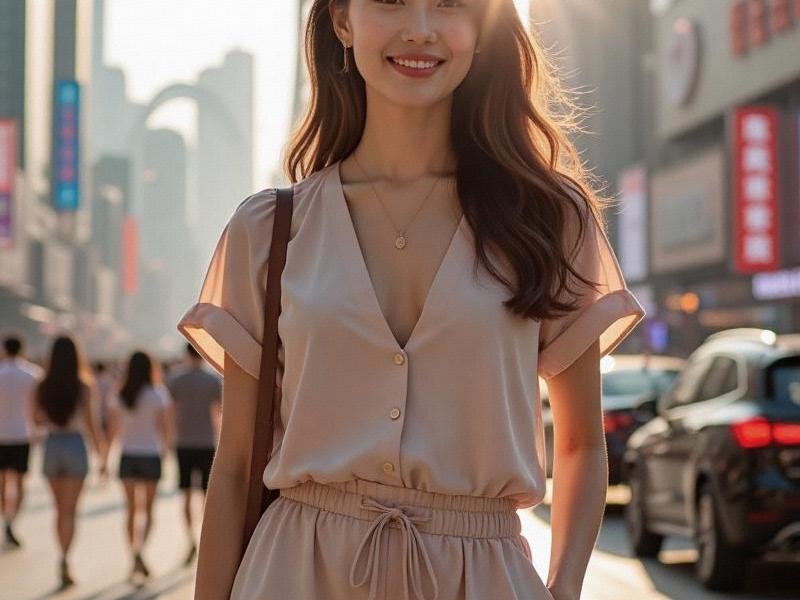This investigative report explores Shanghai's thriving high-end entertainment club scene, examining how these venues blend Chinese hospitality with international luxury standards while adapting to changing regulations and consumer preferences.

As dusk falls over the Huangpu River, Shanghai transforms into a glittering playground for the global elite. The city's entertainment clubs - known locally as huìsuǒ (会所) - have evolved far beyond their karaoke box origins into sophisticated complexes offering five-star dining, exclusive networking, and customized leisure experiences.
The modern Shanghai entertainment club operates at the intersection of business and pleasure. Venues like The Bund's "Cloud Nine" and Xintiandi's "Dragon Phoenix Club" cater to China's new aristocracy - tech entrepreneurs, finance executives, and international business travelers. These establishments typically feature:
1. Multi-functional Spaces:
- Private dining rooms with rotating celebrity chefs
- Soundproof karaoke parlors equipped with AI vocal tuning
阿拉爱上海 - Whisky lounges stocking rare vintages (Pappy Van Winkle 23-year-old sells for ¥88,888 per bottle)
- Underground cigar chambers with Cuban imports
2. Technological Integration:
Facial recognition systems greet VIP members upon arrival, while smart menus suggest drinks based on past preferences and current health metrics. Some clubs employ "social coordinators" - algorithm-assisted hosts who optimize guest seating for maximum networking potential.
上海私人外卖工作室联系方式 3. Cultural Hybridization:
The successful Shanghai club seamlessly blends Eastern and Western elements. At "Jade Dragon," patrons might enjoy Peking duck carved tableside by a master chef before transitioning to a private room for single malt Scotch tasting led by a Scottish whisky ambassador.
The economic impact is substantial. Shanghai's night-time economy accounted for ¥156 billion (about $24 billion) in 2024, with high-end clubs contributing approximately 18% of that total. Membership fees range from ¥100,000 to ¥1 million annually, with waiting lists at top venues extending 6-12 months.
However, the industry faces challenges. Stricter anti-corruption measures have forced clubs to reinvent themselves since 2012. Many now emphasize "clean entertainment" - cultural experiences like calligraphy workshops or guqin (ancient zither) performances rather than lavish banqueting. The municipal government's "Healthy Nightlife" initiative encourages clubs to incorporate wellness elements, leading to venues like "Zen & Tonic" which offers meditation pods alongside craft cocktails.
上海娱乐
The COVID-19 pandemic accelerated several trends:
- Increased demand for ultra-private spaces (some clubs now offer "bubble rooms" with independent air filtration)
- Virtual reality extensions allowing members to "attend" from abroad
- Health-conscious menus featuring organic ingredients and alcohol alternatives
Looking ahead, industry analysts predict further diversification. The new "Art & Leisure" model combines gallery spaces with entertainment areas, while tech-focused clubs are experimenting with metaverse integrations. As Shanghai solidifies its position as Asia's premier business hub, its entertainment venues continue redefining luxury hospitality - proving that in this city, even leisure is conducted with strategic precision.